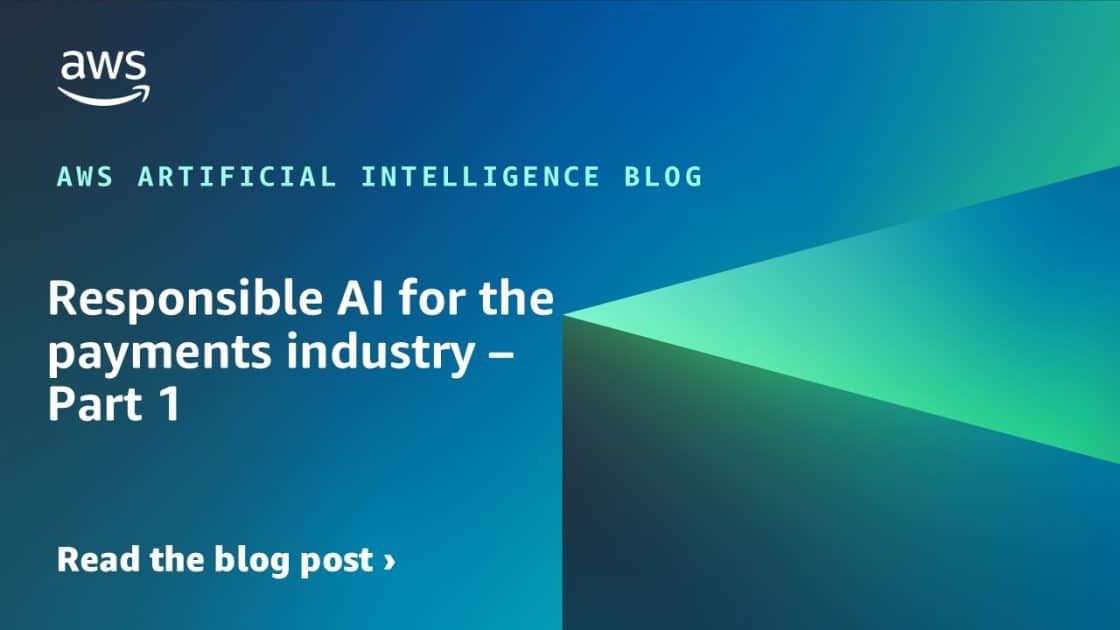Sure! Here’s the translation into American English:
—
The payments sector is undergoing significant digital transformation, driven by the growing use of artificial intelligence (AI). This technology has become essential in various applications, including fraud detection and customer service enhancement. According to projections, digital payment transactions could exceed $15 trillion globally by 2027.
Generative AI has broadened the scope of this technology in the industry, leading companies to adopt responsible practices in its implementation. A study indicates that AI could contribute approximately $13 trillion to the global economy by 2030, resulting in an accumulated increase of 16% in GDP, which translates to about 1.2% additional annual growth until that date.
The integration of AI in payment processing not only promotes technological advancement but also establishes a trust bridge between consumers and financial service providers. Users expect their transactions to be safe and convenient while demanding transparency and respect for their privacy. In response, companies like Amazon Web Services (AWS) have developed frameworks that enable executives and AI professionals to turn the responsible practice of this technology into a competitive advantage.
However, the implementation of AI solutions in the payment sector faces multiple challenges, including data classification and protection, the need for real-time processing, and adaptation to various regulations in different regions. For example, in countries like India and Brazil, providers must comply with specific regulations such as the Unified Payment Interface and the PIX Payment System.
Aside from technological aspects, it is also imperative that providers adhere to stringent regulatory standards, such as the European Union’s Data Protection Regulation and the new EU AI Act. The ability to explain decisions made by AI systems that affect consumers has become an essential requirement.
Responsible AI principles are diverse, encompassing privacy and controllability, fairness, and explainability. These criteria are fundamental for designing payment systems that are not only efficient but also safe and reliable. The integration of responsible AI practices will allow companies to not only face challenges but also strengthen their relationship with customers, who value trust and transparency in the management of their data.
As the payments sector continues to evolve, establishing responsible AI as a key competency will be crucial for mitigating risks and fostering innovation. In an environment where trust is the most valuable asset, the mindful implementation of AI emerges not just as an option but as a business imperative.
via: MiMub in Spanish











